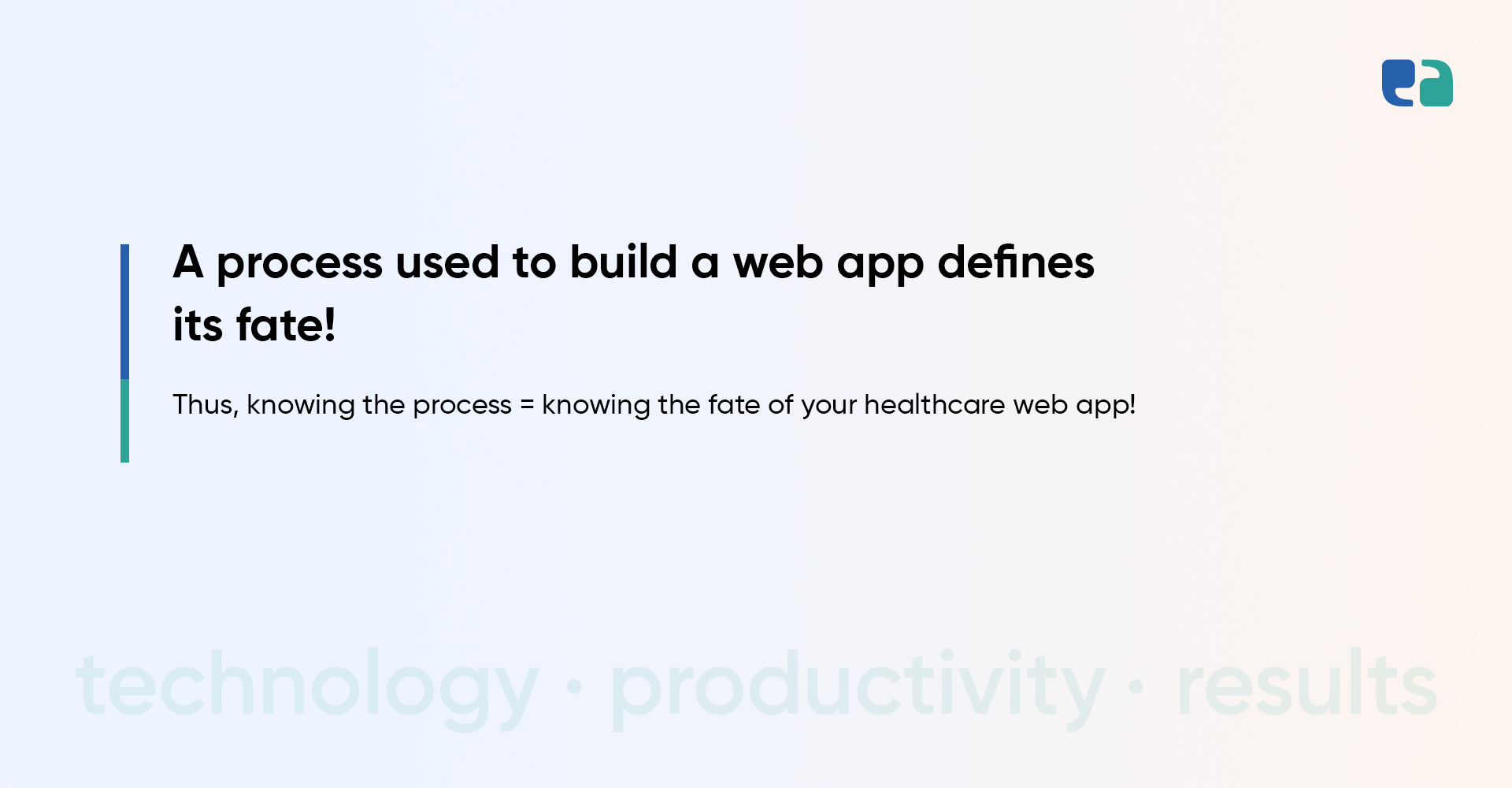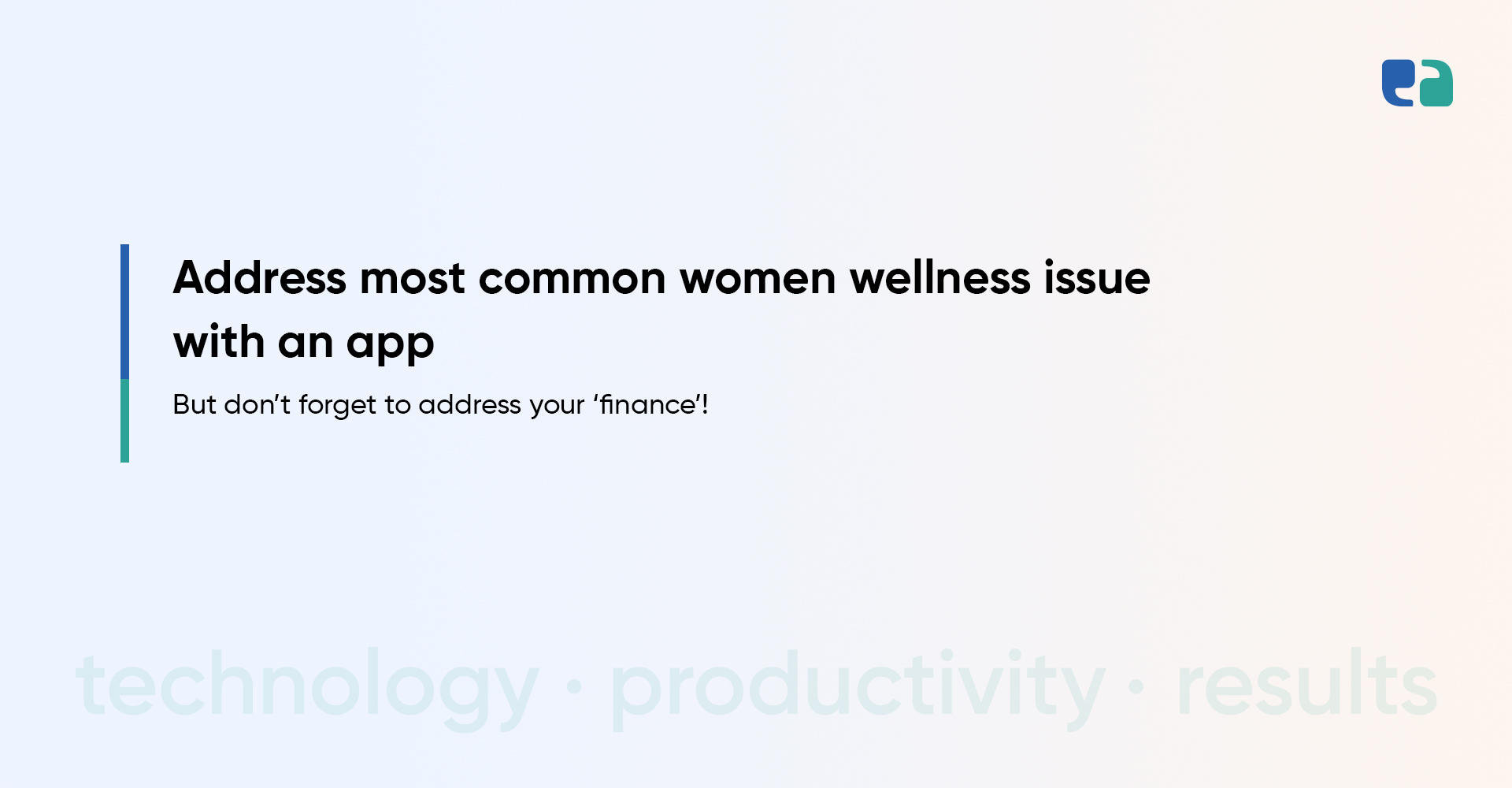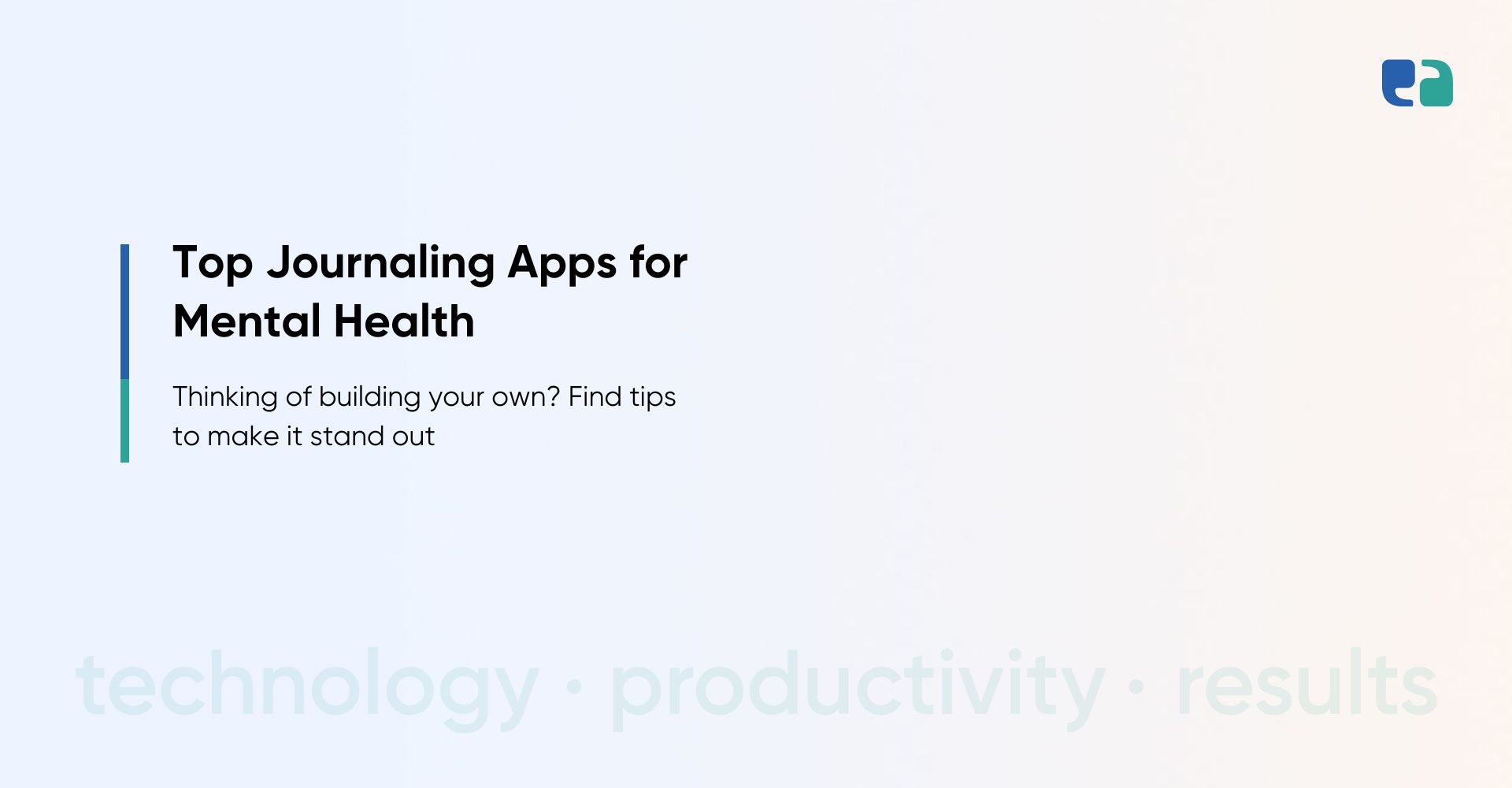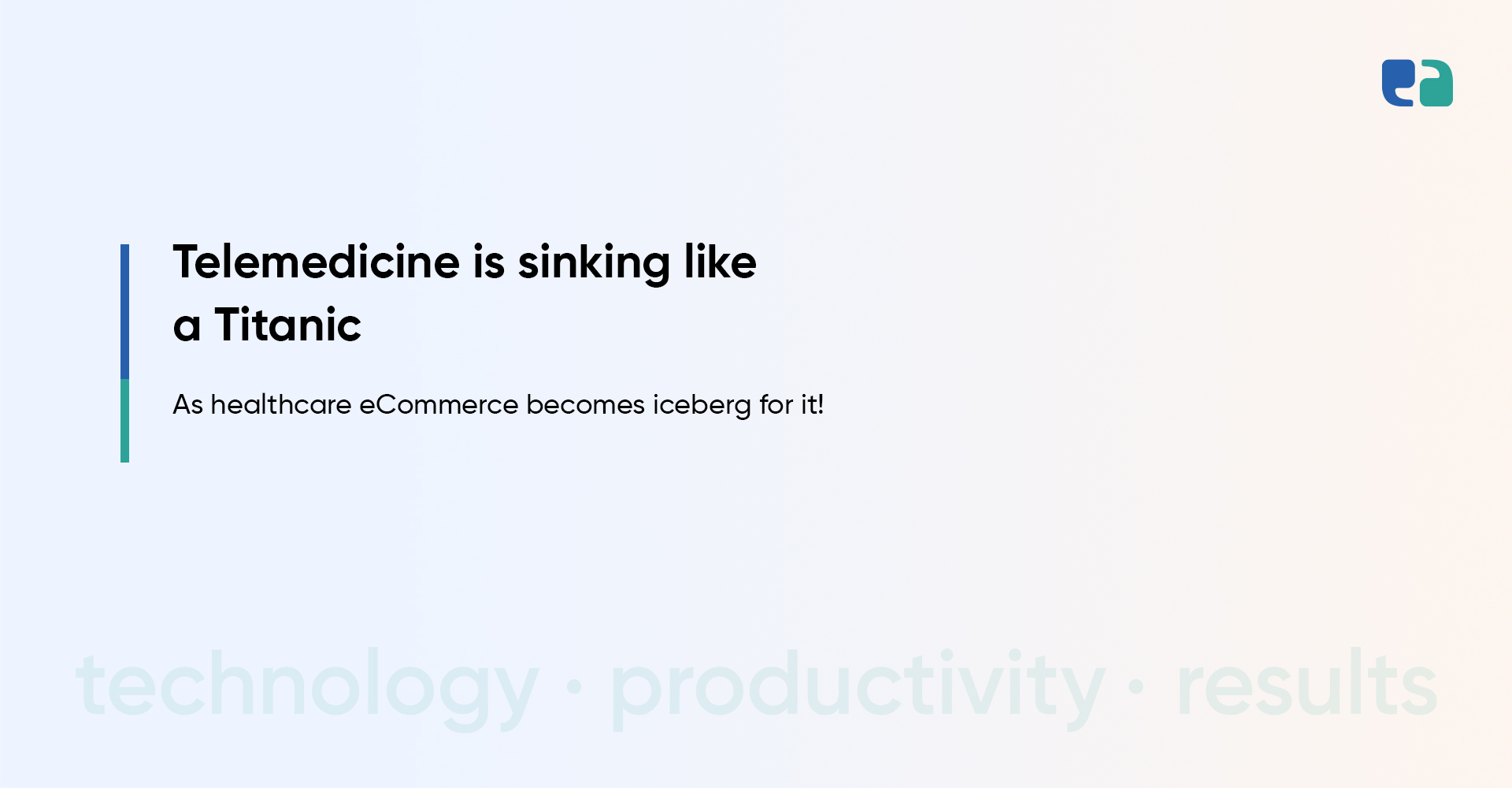The Most Tested & Successful Process of Healthcare Web Development We Follow as a Healthcare IT Company
Your way to glory goes through 2 stages and 4 gates.
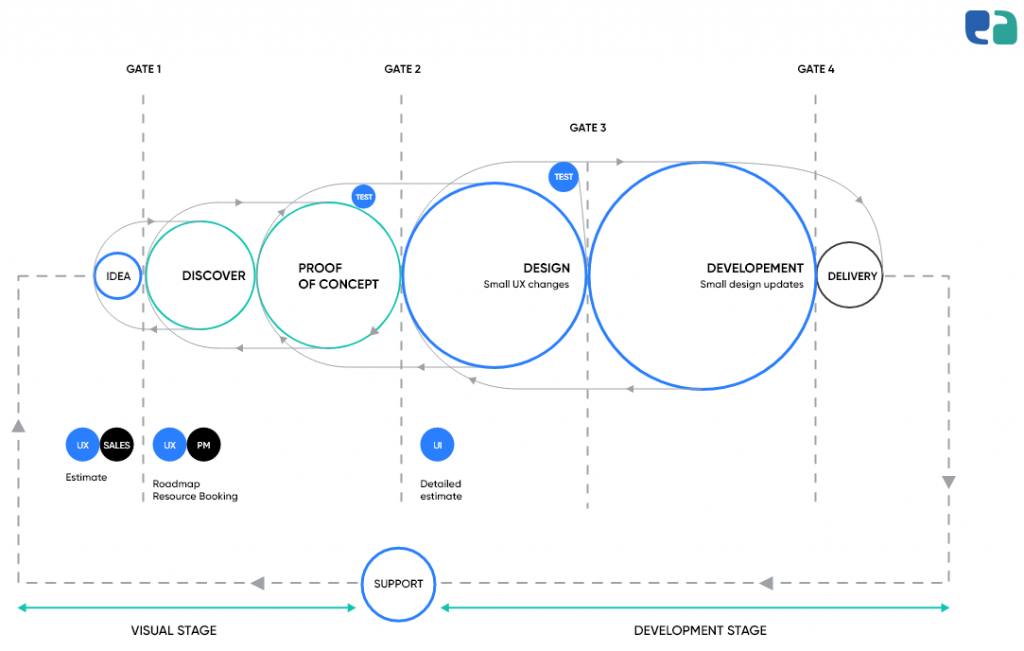
Gate #1: Idea
You have a great idea and want to build a healthcare web app for it. You contact us through our contact form to convert your ideas into reality.
Once you contact us, we will fire up our first conversation with you within 2-3 hours.
We understand your idea, do an internal assessment to be ready with appropriate resources for your dream project and prepare a personalized quotation for you along with the project timeline.
If you are ready to go with it, we sign an NDA and quickly launch project execution on a mass scale!
Gate #2: Discover & Proof of Concept
We don’t directly jump to coding. Because we don’t build web apps, we build masterpieces and to build a masterpiece, micro-planning is very essential.
- We polish your idea.
- We identify the lacking elements and figure out how to make your idea more solid.
- We make it future-ready.
For that, we do a lot of brainstorming, internal meetings, and market research.
If required, we also leverage our in-house healthcare professionals to add clinical value to your web development project.
We don’t stop here.
We also assess different ways to achieve your vision and figure out the most practical and time-saving way with the help of technical and business feasibility studies.
In addition to this, we document everything and also allocate our internal resources to your project as the scope of work and deliverables are now almost clear.
Gate #3: Design & Development
Your idea is now getting into shape.
UI/UX designers design the frontend of the web app.
While designing the user interface, they ensure to deliver a remarkable user experience by keeping web app screens engaging, easy to navigate, and of course eye-pleasing.
Based on what designers have designed, front-end developers write the code for it.
Backend developers deal with servers, APIs, and databases.
Together frontend and backend developers build a workable web app that takes user requests, processes those requests, and shows results back to users in a very seamless manner.
Wait, don’t get excited yet.
Launching the web app without testing it can be a disaster.
So, our QA engineers come into the picture.
They leverage both manual and automated testing methodologies to test the code of the web app in different phases (test cases) to find bugs in the categories of browser compatibility bugs, performance bugs, security bugs, UI bugs, API bugs, etc.
QA engineers prepare a bug report and submit it to the development team to get them solved.
Gate #4: Delivery
Finally, it’s the time!
We deliver you the source code of the web app, its credentials, proper training, and a support document to work with a beautiful piece of technology in lethally profitable ways!
The support document contains the ins and outs of a web app so that you can leverage it to its full potential while avoiding downtime.
Your top FAQs on healthcare web development answered
1. What is the difference between a web app and a mobile app?
The fundamental difference is its accessibility.
A web app can be accessed through a web browser by writing its web domain address as we commonly do in the case of websites.
To access a mobile app, users have to download and install it from the Play Store or App Store.
Beyond this, there is no major difference as both web apps and mobile apps stand equal when it comes to user experience, notification, security, background updates, and loading speed.
2. What is an ideal tech stack for healthcare web development?
- Frontend: React
- Backend: Node
- Database: MongoDB
- Communication: Twilio
The fusion of react.js and node.js results in a very scalable web app.
Meaning, it can easily support an increase in the number of users in the future.
3. What are the resources required for healthcare web app development?
It is not a single-man job.
You will require a team of developers, designers, business analysts, compliance specialists, and QA engineers to build a market-winning healthcare web app.
4. What is more suitable for a healthcare startup between a healthcare web app and a mobile app?
Building a mobile app costs some 30 to 50% more than building a web app.
Also, it takes more time to build a mobile app than a web app.
Thus, to save on development costs and hit the market as early as possible, we would suggest healthcare startups initially go with web app development and consider building a mobile app after being in the business for 2-3 years.
5. How much does healthcare web development cost?
To be frank, it is never possible to predict the cost without knowing your exact requirements.
Yes, we can give you any rough estimates to win the business, but it neither works for you nor us.
Thus, we always encourage you to share your requirements, discuss them with our executives on virtual calls, and let us prepare & share the free personalized quotation.
Trust us, it is a more mature approach than trusting any random number you read on the internet!
